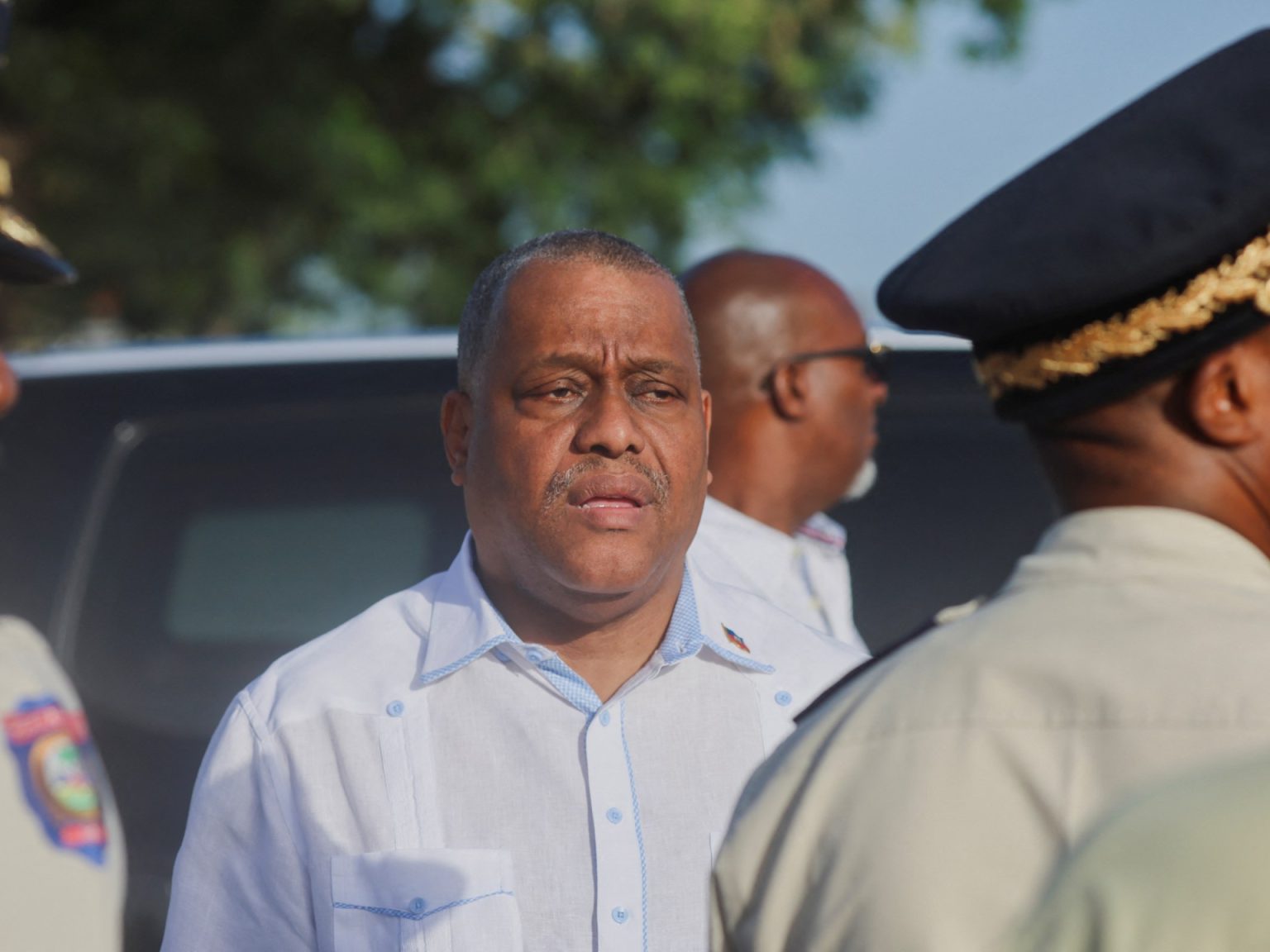A transitional council in Haiti has signed a decree sacking interim Prime Minister Garry Conille, causing further political turmoil and instability in the Caribbean nation. The nine-member council was formed in April to help establish democratic order in Haiti amidst rising gang violence and years of instability. The decree, set to be published on Monday, aims to replace Conille with businessman Alix Didier Fils-Aime, who was previously considered for the position. Conille, a longtime civil servant with a background in the United Nations, was appointed as prime minister by the council in May but has since been at odds with them.
The council, led by Leslie Voltaire, has been plagued by infighting and disagreements with Conille, particularly over a cabinet reshuffling and the removal of three council members implicated in a bribery scandal. Last month, three council members were accused of demanding bribes to secure a government bank director’s job, causing a significant blow to the council’s credibility and public trust. Despite this corruption scandal, the three accused members were among those who signed the decree removing Conille. However, there are differing opinions on whether the council has the constitutional authority to dismiss a prime minister, as historically only the Haitian Parliament has had that power.
Haiti’s political turmoil is exacerbated by ongoing gang violence, with armed groups controlling a significant portion of the capital, Port-au-Prince. A UN-backed policing mission led by Kenya has not been able to effectively combat the power of these armed groups, who use violence, including murder, kidnappings, and sexual violence, to assert their control over territory. The UN has warned that nearly half of all Haitians, around 5.41 million people, are facing acute food insecurity due to the violence, leading to over 700,000 people, including many children, being displaced from their homes.
The current situation in Haiti is complicated by a constitutional crisis where there is no Parliament or democratically elected leader in the country. With no clear political structure in place, the transitional council’s actions to replace the prime minister further add to the uncertainty and instability facing Haiti. The lack of a functioning government, combined with ongoing gang violence and widespread poverty, paints a bleak picture for the nation’s future. International efforts to support Haiti, such as the UN-backed policing mission, have had limited success in addressing the root causes of instability and violence. As Haiti struggles to navigate these challenges, the need for strong leadership and effective governance becomes increasingly urgent to pave a way for peace, stability, and economic development.













